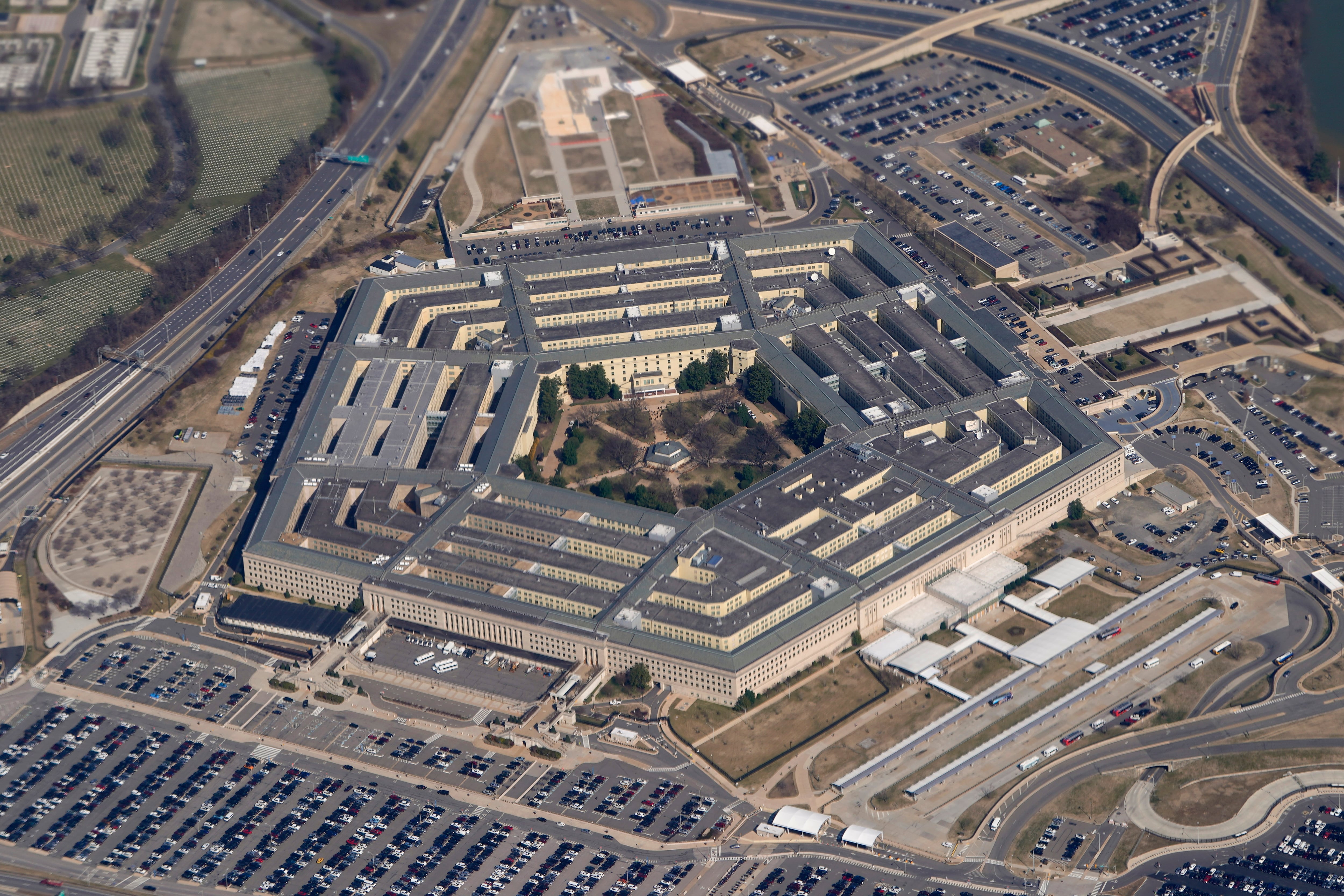Forget brightly lit facial recognition technology in sci-fi movies like Robocop, The Fifth Element, or Terminator: Renaissance. Army researchers have developed technology that can recognize a face in the dark.
The Army Research Lab scientists have paired artificial intelligence and machine learning to make a face image from the thermal image seen on many weapons sighting systems, according to an ARL release.
The development could lead to “enhanced real-time biometrics and post-mission forensic analysis for covert nighttime operations,” according to the release.
Thermal cameras are all over the modern battlefield, from intelligence, surveillance and reconnaissance assets such as drones or vehicle and dismounted targeting systems. But recognizing a face with software in real time has long been out of reach.
“This technology enables matching between thermal face images and existing biometric face databases/watch lists that only contain visible face imagery,” said Benjamin Riggan, an ARL research scientist. “The technology provides a way for humans to visually compare visible and thermal facial imagery through thermal-to-visible face synthesis.”
Current tech can do facial recognition in daytime or when a person is lit up, such as with a flashlight. But those are not options on a nighttime raid.
“When using thermal cameras to capture facial imagery, the main challenge is that the captured thermal image must be matched against a watch list …,” Riggan said.
But by using captured images of terrorists or persons of interest, troops can use algorithms to search the databases full of photos to match up to their intended target.
Riggan and fellow researcher Shuowen “Sean” Hu, demonstrated their work at a recent tech conference, using key facial areas of eyes, nose and mouth to enhance how the system can discriminate between images stored in the database from what the thermal cameras captured.
Though only in testing, the research will continue under funding from the Defense Forensics and Biometrics Agency, Riggan said.
Todd South has written about crime, courts, government and the military for multiple publications since 2004 and was named a 2014 Pulitzer finalist for a co-written project on witness intimidation. Todd is a Marine veteran of the Iraq War.





